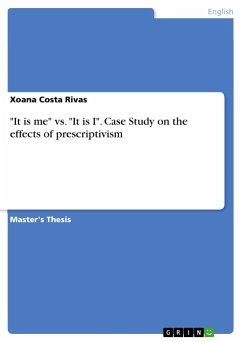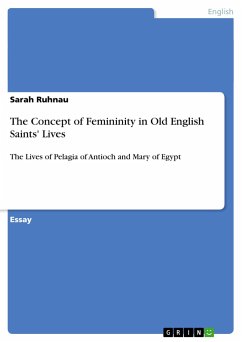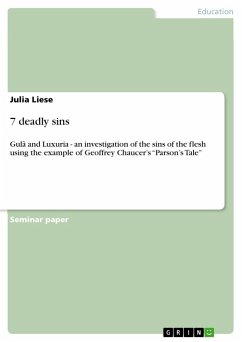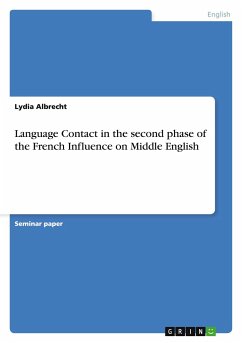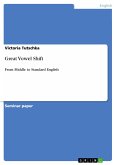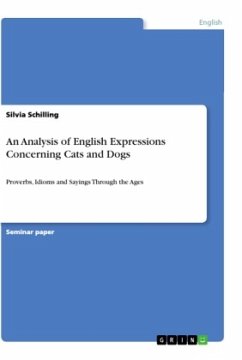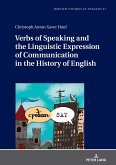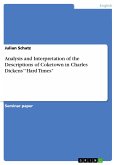Master's Thesis from the year 2015 in the subject English Language and Literature Studies - Linguistics, University of Manchester, language: English, abstract: English grammar writing started in the late 16th century and flourished during the 18th century. It was common for grammarians during this era to adopt a prescriptivist attitude towards language; that is, they would dictate norms of correct usage of the language rather than describing language use. This trend lost weight from the 19th century onwards.One of the constructions prescriptive grammarians usually criticised was it is me, with an object case pronoun, as opposed to the traditionally correct it is I, with a subject case pronoun. The aim of this paper is to look at the reasoning behind grammarians' choice of correct form, and assess the effects of prescriptivism on actual language use. This was done by looking at a self-compiled precept corpus made of 66 historical English grammars, ranging from the 16th to the 20th century, as well as a usage corpus (ARCHER and Old Bailey) with data from the same eras.The results show prescriptivist negative comments towards it is me decreasing diachronically, and while grammars definitely did not advocate for the use of the object case pronoun in this construction, people still used it in their speech, but not, however, on their writings, which clearly indicates a division between the uses of these two constructions. It is me has, nonetheless, succeeded in becoming part of the present-day Standard.This dissertation hopes to make a valuable contribution on the field of Normative Linguistics, and to be used as ground for future research.
Hinweis: Dieser Artikel kann nur an eine deutsche Lieferadresse ausgeliefert werden.
Hinweis: Dieser Artikel kann nur an eine deutsche Lieferadresse ausgeliefert werden.

